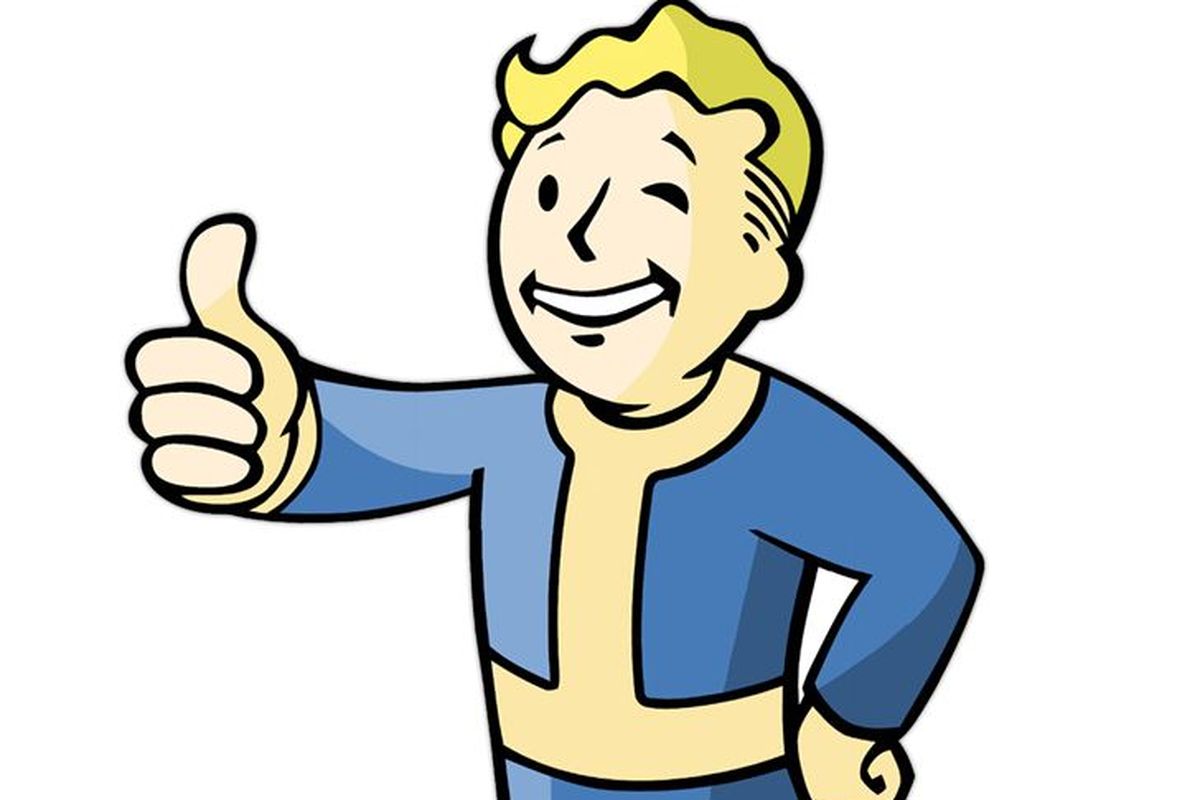How to Use Fallout Candidates to Your Best Advantage
Written By: James Aiken
Email | LinkedIn
The Disappearing Candidate(s)
A hiring manager for a manufacturer gets approval to fill one of their sales rep vacancies. The hiring manager spends hours posting jobs, filtering resumes, sourcing candidates, researching competitors and putting a group of candidates together. They begin interviewing, take interest in certain candidates, and suddenly the best candidates start falling out of the interview process. Candidates aren’t following up with the interviewer and they aren’t showing up for interviews. It seems like they’re not interested in the offers of employment. Candidate fall out hurts your ability to hire in many different ways, so it is vital to recognize it when it is happening. You must prevent it when you can, and utilize information from fall out candidates to perfect your position offering.
Why Do Bad Things Happen to Good Hiring Managers?
The most obvious way fall out hurts hiring managers is the loss of candidate. The candidate has been identified, sourced, connected and interviewed. Hiring managers invest lots of time with (and preparing for) candidates. Now, due to fallout, all that work is null and hiring teams are back at the starting line. A secondary struggle is the loss of goodwill. When a candidate falls out of the process, it’s an indicator they were unimpressed or uninterested with the offering or presentation.
If a firm is interviewing a major player, they’re going to go back and speak with some of their network. This would likely be a strong network reflecting the candidate themselves. They will speak with other associates on how they didn’t really like the interview process, didn’t get a good vibe from the workplace, or didn’t have much chemistry with the team. Perhaps, they didn’t think it was an impressive firm. While speaking with other candidates in your market, that gossip can make it harder to, or completely prevent you from recruiting the best talent in your market – even if it’s not true!

Remember to Keep the Ball Rolling
When it comes to candidates fallout out of the process, sometimes it ends up with a loss of momentum. If candidates are falling out of the process, candidate pools shrink into smaller options to choose from. Hiring managers are not able to go after the top candidates. They will then go back to the drawing board to search for more first-round interviews in hopes that their talents will match. This can lead to demotivation on the hiring manager’s team as well as the Human Resources team.
If a position goes long enough without being filled, it may be looked at as a lost cause or a sunk cost. There are times where the vacancy will just be put to the side, and some will say, “There are just no good candidates in the market,” while more accurately, the balloon of energy has been deflated due to all of the candidate fall out.
Don’t Forget to Call!
Why does fall out happen? A major reason is lack of attention paid to the candidate. Perhaps the process is moving slowly because you have so many interviews that some people are put on the back burner for weeks. If they don’t feel like the process is moving forward, they might assume that they are moving backwards. They assume that you’re pursuing other candidates, and you have no interest in them. So, it is important to keep giving attention to your candidates.
The Critic’s Veto: Bad Personal Reviews
Another reason is there’s poor feedback from colleagues. After an interview, you can assume the candidate will go back and talk with their friends and associates. They might be told, “Hey, I heard about XYZ company, and I heard that the management is tough. I hear that their salespeople don’t make any money. I hear that they don’t have a good support system.” This is why it’s always good to go over your strong points and your weak points as a company at the beginning of the process. If you don’t address problems early, everything you accomplished in the hour-long interview can be undone in the following days. And the longer the hiring process takes, the more time they have to hear negative reviews of your firm.
Align Your Visions in Recruiting and Interviewing
Another reason for early fall out is bringing in candidates where the job opportunity won’t reasonably meet their vision. This is an issue of transparency at the beginning of the recruiting process. This should be addressed before you even bring them in for a face to face. Perhaps a prospective plant manager candidate is told the job has a 40-hour work week. That sounds pretty nice. Then later on in the process, they are being informed by other people in the company that, “No, we actually work tens, and we work Saturdays and Sundays on occasion.”
The Grass Ain’t Always Greener
Candidates often fall out because of a reluctance to change. You will encounter people with long tenures and established relationships at their company who will sometimes flirt with the idea of making a change. Perhaps they’re experiencing something negative in their current job and they’re thinking, “maybe now is the time.” Unfortunately, with these candidates, you’ll often see a lot of hesitation and second-guessing throughout the hiring process. The tendency to stay with who and what they know is powerful. Another obvious reason candidates fall out is simply because they’ve accepted another opportunity. This can be an issue from any angle including the length of the process or a loss of interest in the position.
Signs of a Fallout Candidate
Lack of Communication
So, let’s look at the telltale signs that a candidate will fall out. The clearest indicator is a lack of communication on the part of the candidate. If you are interviewing someone and they’re not following up with you or taking an initiative to move the process forward from their side, then you’ve got a candidate that really isn’t that motivated to make a change. Whether that means you’ve got to change your offering, figure out how to sell the candidate better, or they were just a tire kicker to begin with, when you don’t hear from them, it’s a warning signal.
Lack of Flexibility
You might see lack of flexibility in schedule from the candidate. Say, for instance, it’s Monday, and we try to work out a time for a phone interview. The candidate says, “I can do Thursday of next week.” When it comes to interviewing, you don’t want hr or the hiring manager slowing down the process, and you don’t want to see that from the candidates either. If they’re dragging their feet, they probably aren’t as interested in the position that you think.
Another sign that a candidate is going to fall out is seeing changes in their requirements. For example, if they originally they say, “I am looking to be with a great manager. I’d like to learn from somebody.” And later on in the process, they’re telling you, “Really what I’m looking for is more money.” That’s a sign that they really aren’t that interested, and one of the motivations they had listed for change has completely gone to the wayside.
Compensation Not Discussed
The issue of money should be handled upfront and as early as possible so everyone is on the same page. This is more crucial in higher management as well as sales roles where compensation can become more variable and be more focused around specific incentives. Money is the most objective thing you can use when it comes to enticing a candidate. Biggie Smalls may say “mo money mo problems” but I can tell you with one hundred percent certainty, I have never had a candidate ask for less money. Although there are a few exceptions when it comes to trading lifestyle for money.
Perhaps someone is a manufacturer’s rep, they’re traveling overnight four nights a week, and they’re tired of it. They hardly get to see their kids and their spouse is fairly unimpressed with their remote relationship status. That’s a trade-off; there’s value there. Perhaps you have a great salesperson making huge commission checks that really wants to step into sales management and would be taking a step up on base, but taking a step back in total compensation. If there isn’t lifestyle equity or responsibility equity added, everyone else is going to want more money in some way or another.
Figure out how they’re currently being compensated early on in the process. This way you know the financial offer is going to be accepted or have light deliberation when you get to that stage. Do not wait until you have decided that you want to hire a specific candidate to figure out that you have no way of paying them!
How to Nurture Fallout Candidates
Increase the Amount of Conversations
If you have candidates that are possibly going to fall out, you should change your outbound communication. Ramp up the number of touches you are making with your candidates. If the recruiting process is long, then you need to sink in multiple calls. If you’re having to wait weeks, you should be making short calls with the candidates and building a relationship twice a week.
You need to stay on the top of their mind in a good way. During these calls, reevaluate their current position, opportunities of interest, and pain points in their role. If when you originally speak with someone they tell you they’re sick and tired of their boss, and you talk with them the next week and they’ve made amends, you’ve lost one of your big selling points. Is there anything you would change about your current environment if you were given the opportunity? What would you like to experience in your next employer that you don’t experience at your current employer?
Speed Up the Hiring Process
My favorite way to nurture possible fallout candidates is to speed up the process. This doesn’t necessarily mean hiring quicker, as much as packing in more meetings. We’re moving in a very fast world. Action items need to be happening. Even if that means scheduling an extra interview, a walk-through, or a meet up with other associates on the team, there should be an active attempt to continuously bring the candidate closer to your firm. Time makes hiring go stale, and, trust me, the recruiting process ages like bread, not like wine.
Fallout Candidates as a Resource
Uncover Candidate Referrals 
If you do have a fall out candidate, at least get some type of return on your time. It is important to uncover candidate referrals. If you’ve been good to these people throughout the recruiting process, and they still fall out (they feel like it’s a good opportunity, just not for them for whatever reason), they will give you referrals to other applicable candidates. What we continue to do is uncover the main competitors on an individual level. You may not get their contact info, but, let’s be frank, that’s easy to discover. The main thing is identifying the high-level players that apply in your market.
Exit Interview to Refine Recruiting Process
Lastly, just like you would do an exit interview for someone that quits, you should be doing an exit interview for fallout candidates. Firms need to review each step of the process, but focus on the process after initial contact by phone. Asking how they should re-approach the candidate later on often ends up as very valuable information. Just because the initial contact didn’t go well doesn’t mean that down the road it will be the same. Remember, the candidates don’t disappear, they’re still working in your market. Focus on long term relationships.
Ultimately, Respect the Candidate’s Time
Remember, when you’re recruiting, protect yourself against fallout candidates at every step of the way. Don’t assume everybody is going to say yes if you offer. 90% of offers are accepted but that drops to about 65% for true rockstar talent. It’s silly to make the assumption that everybody is interested in the role in their core. Most candidates aren’t sitting at home waiting for you to call to move them forward in the process. If you nurture and take care of your candidates, keep active information on them, and move the process quickly, you’ll protect yourself from fall out. Not to mention you will open yourself up to new candidate networks for you to recruit from now and in the future.


